ARTICLE AD
468x60 AD AFTER 4 POSTS

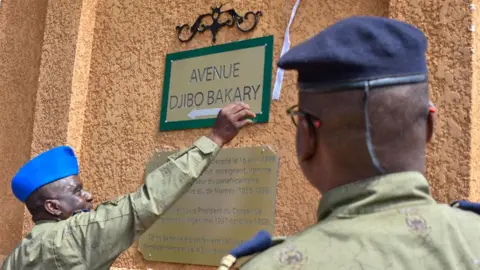 AFP
AFP
Djibo Bakary, Niamey's first mayor, was a key figure in the fight for independence which happened in 1960 when Charles de Gaulle was France's president
Niger’s military leaders have renamed streets and monuments bearing French names, in the latest move to cut links with the country’s former colonial power.
Avenue Charles de Gaulle in the capital, Niamey, is now Avenue Djibo Bakary in honour of the Nigerien politician who played a key role in the West African country’s struggle for independence.
"Most of our avenues, boulevards and streets... bear names that are simply reminders of the suffering and bullying our people endured during the ordeal of colonisation," said junta spokesman Maj Col Abdramane Amadou.
Niger's relationship with France and other Western allies deteriorated after President Mohamed Bazoum was ousted in a coup last year.
Like its military-led neighbours, Mali and Burkina Faso, Niger has courted Russia for military support as a jihadist insurgency threatens the region - and the three countries have clubbed together to form what they call the Alliance of Sahel States.
Under Bazoum, France had more than 1,500 troops stationed in Niger to help fight jihadist groups linked to both al-Qaeda and Islamic State. They all withdrew by the end of last year.
- 'France takes us for idiots' - inside coup-hit Niger
- Is France to blame for coups in West Africa?
- Colonial abuses haunt France's racism debate
A ceremony was held in Niamey on Tuesday to mark the various name changes, including the avenue once named after a French general, as well as a war memorial that was built to remember those who died in World War One and World War Two.
It now pays "homage to all civilian and military victims of colonisation to the present day".
Charles de Gaulle was a soldier and politician who formed a French government in exile during World War Two when the Nazi German forces overran France. He became leader of the Free French Forces.
Many Africans in French colonies volunteered to fight for the Free French Forces, though many were also drafted into service.
About 400,000 came from Algeria, Morocco and Tunisia, and more than 70,000 from Senegal and other sub-Saharan colonies. They took part in the Allies' landings in the south of France in August 1944, which were crucial to ousting the Nazis from the area.
In fact as part of a reappraisal of its colonial past, France began to rename some of its streets and squares after African World War Two heroes four years ago.

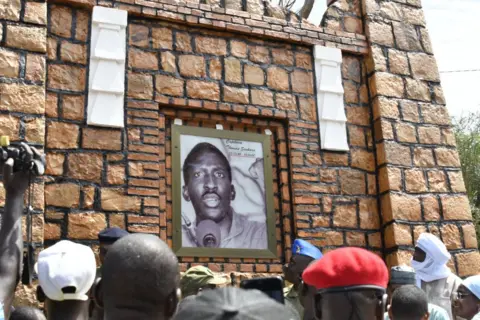 AFP
AFP
The image of charismatic pan-Africanist and anti-imperialist Thomas Sankara replaces that of a French explorer
Another place to have been given a facelift in Niamey is a stone monument that had an engraving of French colonial officer and explorer Parfait-Louis Monteil. He had travelled from Senegal in 1890 across West Africa, writing a book about his two-year journey.
His image has now been replaced by a plaque with a portrait of Burkina Faso's iconic revolutionary leader Thomas Sankara, a charismatic pan-Africanist who was assassinated in 1987.
During his time in power, he adopted an anti-imperialist foreign policy that challenged the dominance of France, which retained huge influence in many of its former colonies in Africa.
Another significant name change is Niamey's Place de La Francophonie, named after the group of French-speaking states.
Instead it will be known as Place de l'Alliance des Etats du Sahel, after the country's new confederation with Burkina Faso and Mali.
You may also be interested in:

 Getty Images/BBC
Getty Images/BBC

 3 hours ago
3
3 hours ago
3

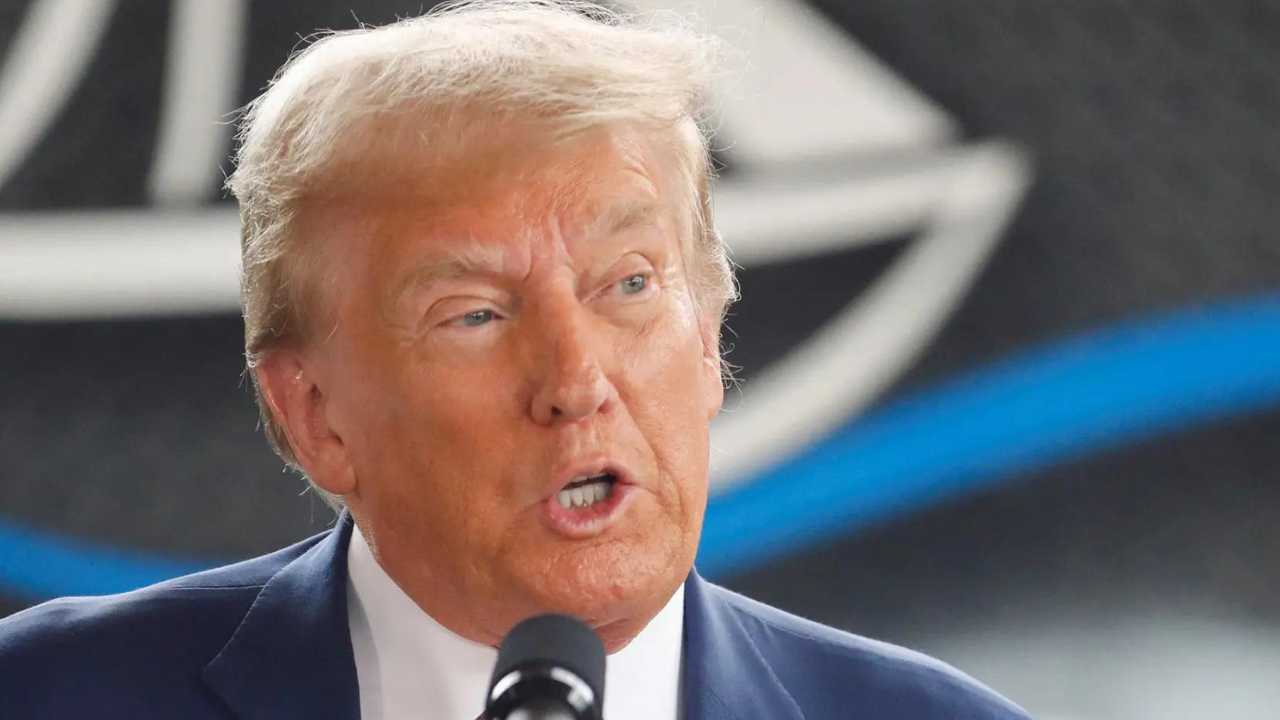

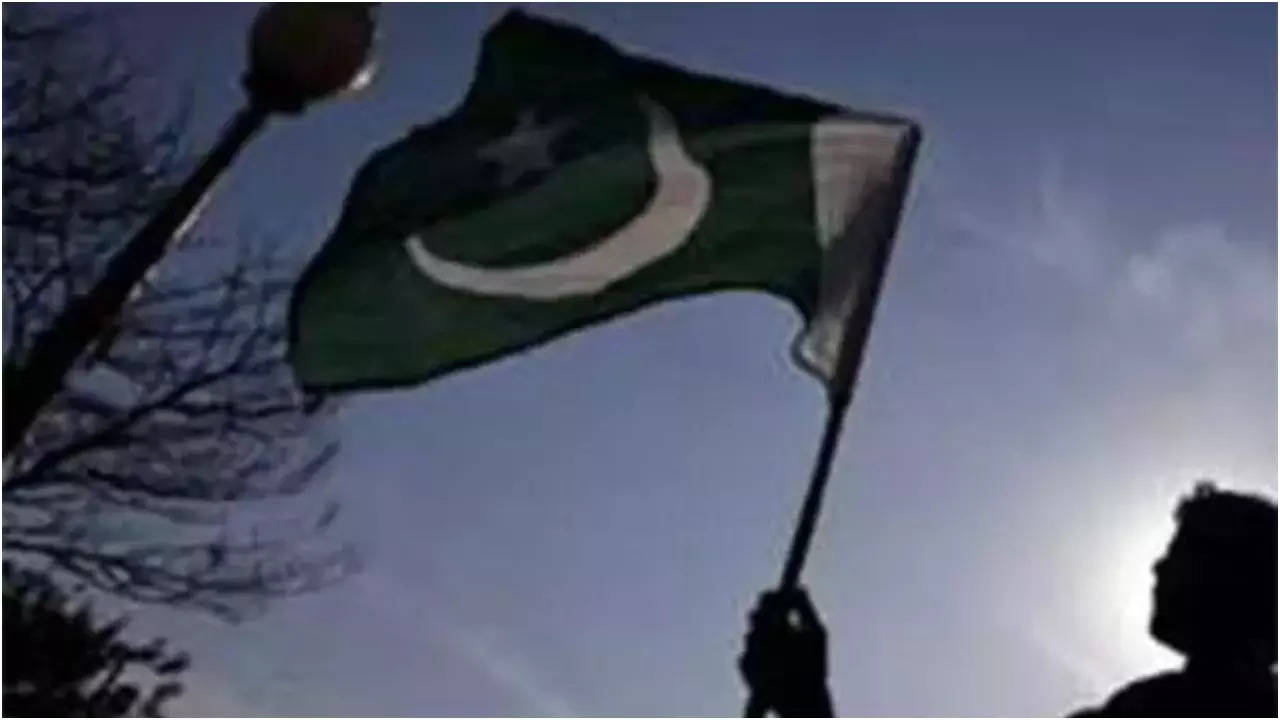
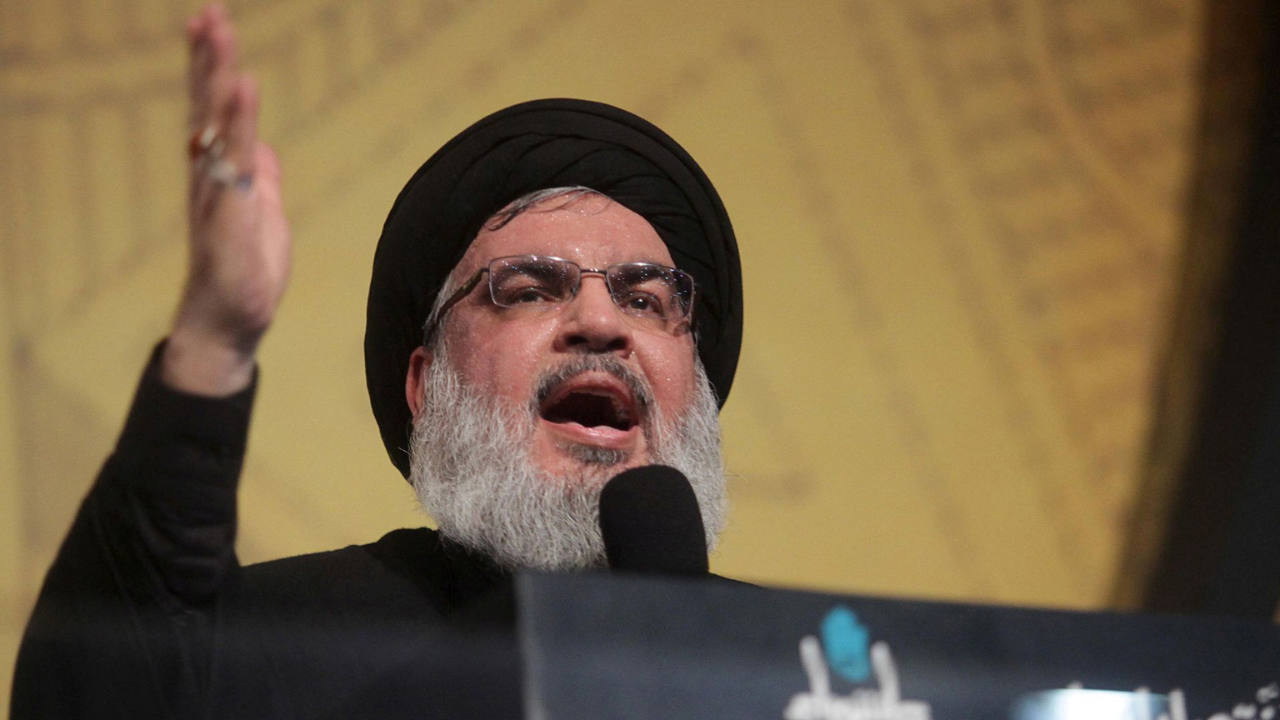
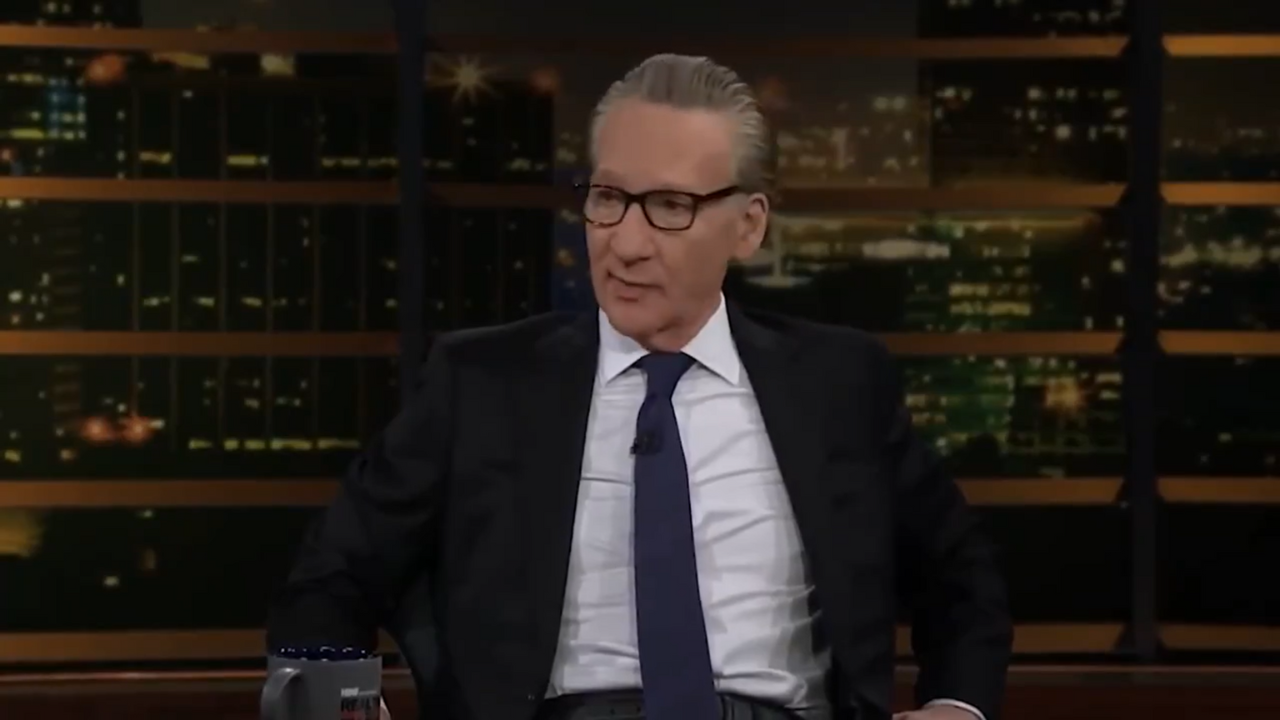


 Bengali (BD) ·
Bengali (BD) ·  English (US) ·
English (US) ·